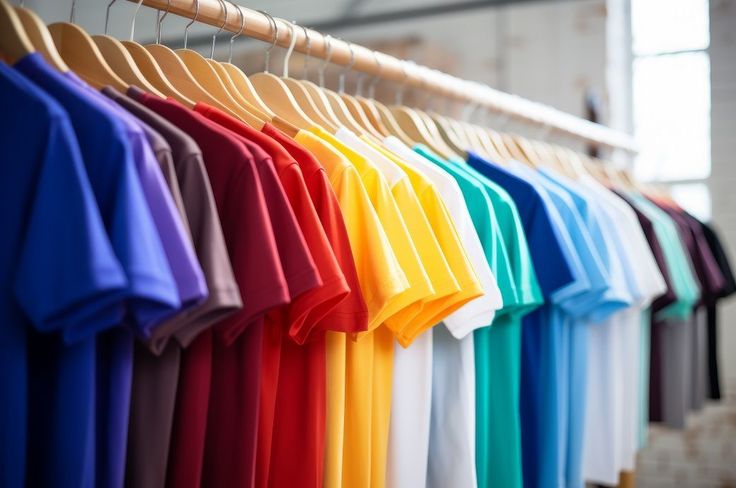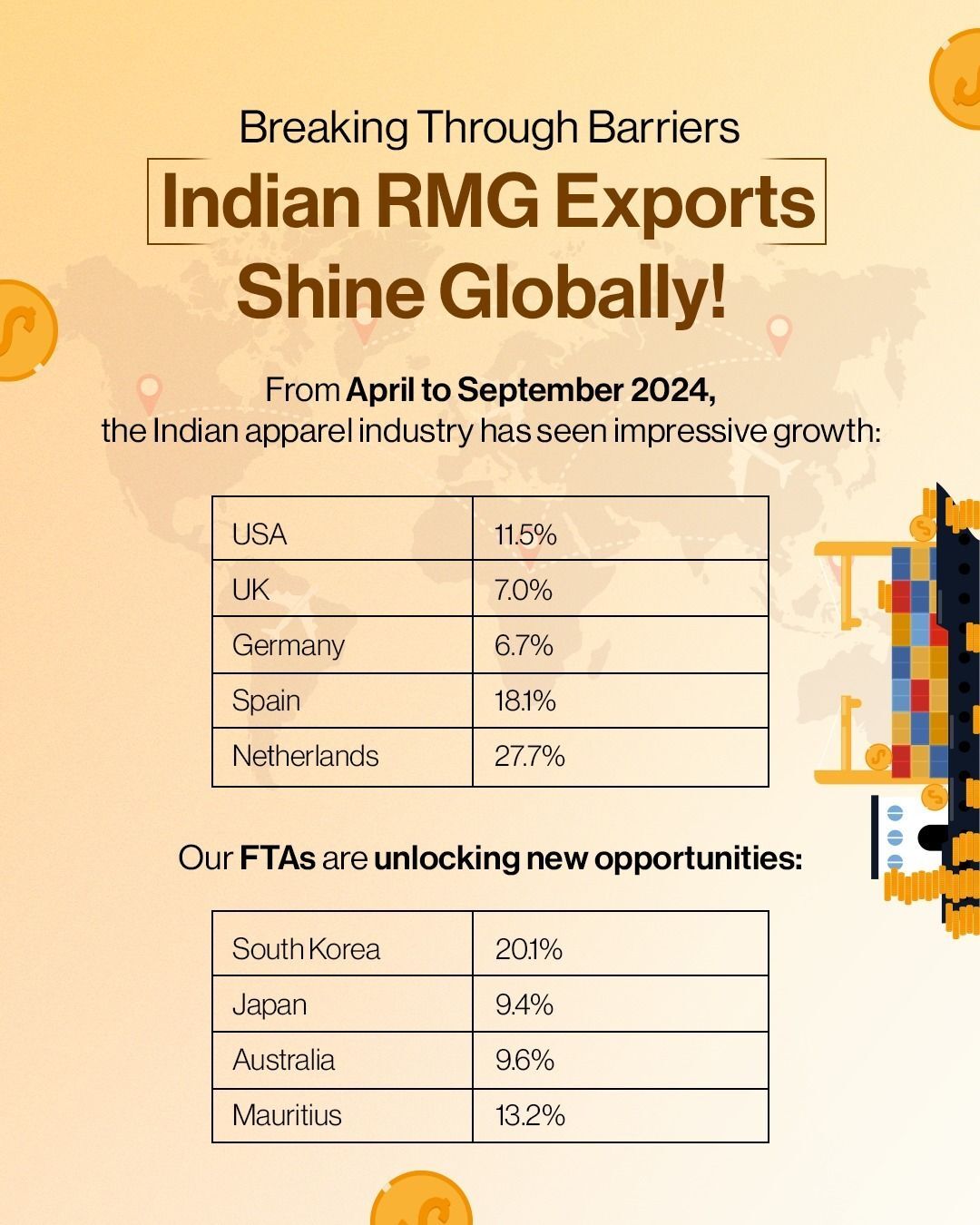Sri Lanka is recycling 30 per cent of its waste into fabric and brushes. Trischel Fabric, a subsidiary of MAS Holdings, has produced 4500 meters of fabric with yarn made of waste plastic bottles, including those collected from Sri Lanka’s beaches. MAS Holdings, a maker of intimate, sports and swimwear, has launched an initiative to collect beach plastic. Most of the brands MAS works with are expected to stop using virgin polyester raw materials by 2025.
Sri Lanka cricket team’s World Cup jersey in May 2019 was made with recycled yarn. It takes about ten PET bottles to produce enough yarn to make a jersey.
Companies around the world are implementing recycling solutions that are sustainable and business friendly. American start-up AlgiKnit makes fibers from kelp that can be spun into yarn. AlgiKnit offers a solution that can transform the highly polluting textile industry into a circular economy by using biomaterials. After having been used, this seaweed textile can serve as compost or animal feed. It also reduces the carbon footprint of the clothing industry, because no harmful fiber particles are lost during washing, such as is the case with polyester. The company is working on a prototype of a T-shirt and sneakers will be next.
Sri Lanka focuses on recycling fabrics
- 1
- 2
- 3
- 4
- 5
- 6
- 7
- 8
- 9
- 10
US, EU consumer confidence boosts apparel sales as India's exports rise: Wazir A…
The US and EU continued strong apparel import growth in September. It went up 9 per cent and 13 per... Read more
Is China's losing its grip on global textile & apparel imports?
For decades, China reigned supreme as the world's leading textile and apparel (T&A) manufacturer and exporter. Its dominance in the... Read more
Tariff Troubles: How US apparel prices are feeling the pinch
The escalating trade war and resulting tariffs are taking a toll on the US apparel industry, driving up prices for... Read more
Indian textile companies report mixed Q2 results, but long-term outlook remains …
India’s textile industry players recently announced their Q2 FY25 results and the performances were mixed. While some companies exceeded expectations,... Read more
Indian apparel exports break barriers
The Indian apparel industry has been making significant strides in the global market, with impressive growth recorded from April to... Read more
China's losing grip on US garment market has gains for competing countries
China's dominance in the US garment import market is waning. After reaching a peak around 2010, its market share, both... Read more
The Secondhand Shift: Economic concerns, evolving values reshaping American shop…
Drop in H&M's US sales that has almost 500 stores across the country, is not an isolated incident. The retail... Read more
Wardrobes bursting, wallets empty, the global crisis of unworn clothes
A new wave of research is exposing a stark reality: our wardrobes are overflowing with unworn clothes, a testament to... Read more
Textile and apparel exports surge in October 2024:CITI
India's textile and apparel (T&A) exports registered a remarkable growth of 19.93% in October 2024, reaching US$ 3.06 billion compared... Read more
Zara Weaves a Sustainable Future: Inditex's ambitious push for innovation
Zara, the flagship brand of Spanish fashion giant Inditex, is making significant strides in sustainability and innovation, aiming to lessen... Read more












